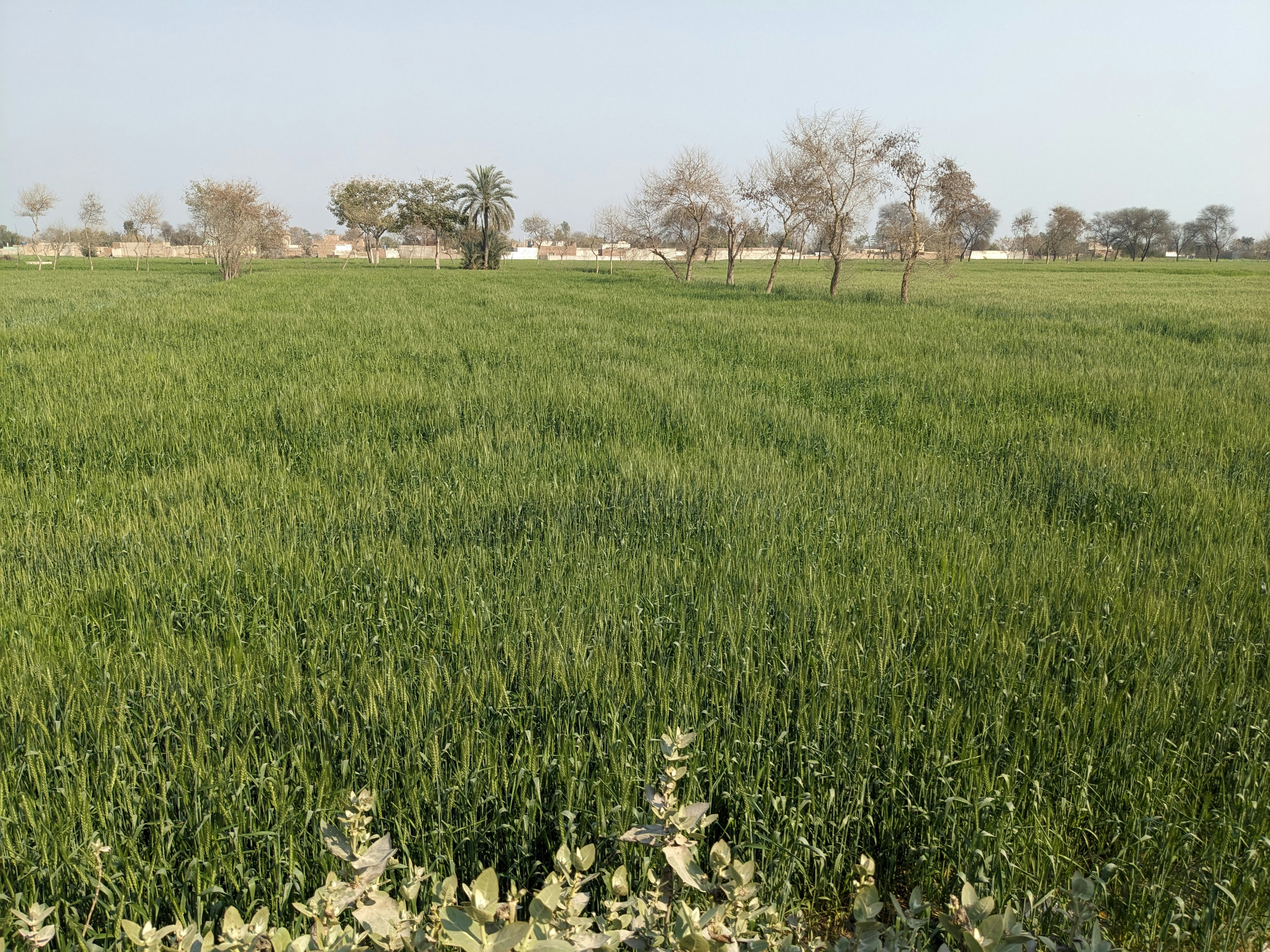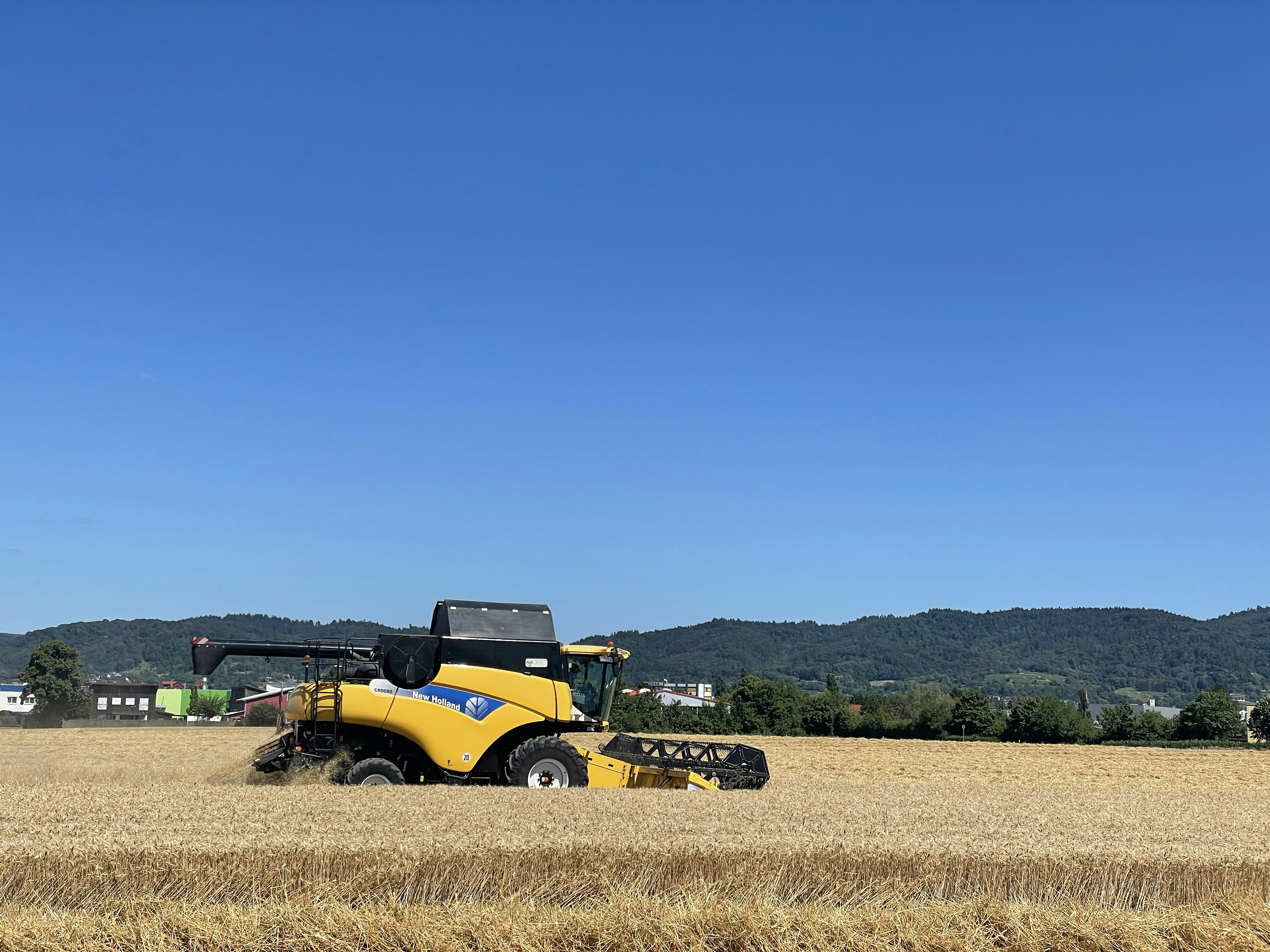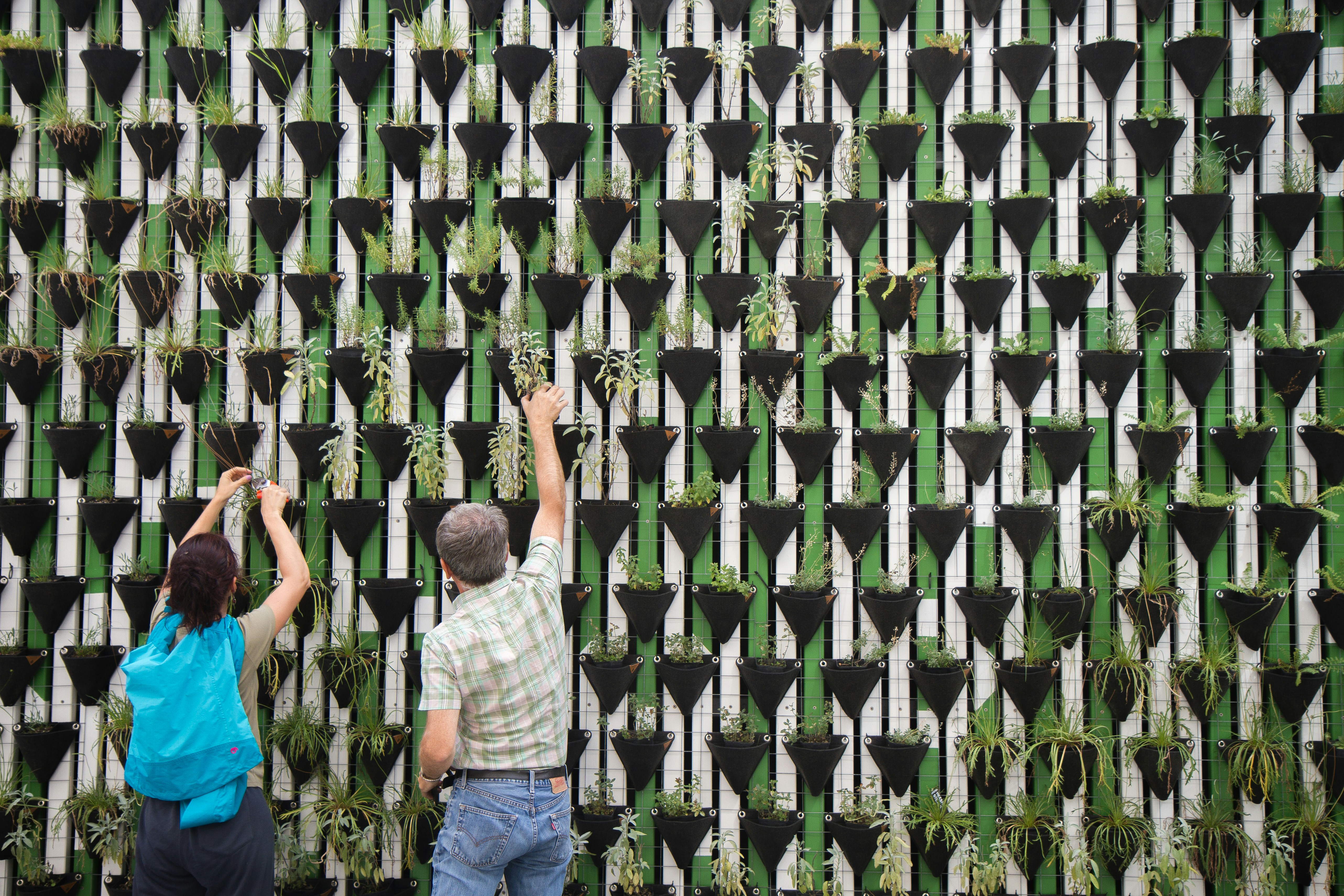Welcome to Agrians: Innovating Agriculture Together
September 2, 2024 | by agrians.enterprises@outlook.com
 Photo by Abdul Hameed on Unsplash
Photo by Abdul Hameed on Unsplash Sustainable Farming
Sustainable farming constitutes a fundamental shift towards more environmentally and economically viable agricultural practices. It is centered on approaches that foster long-term soil health and biodiversity, creating systems that can endure for future generations. Farmers are increasingly adopting techniques such as crop rotation and organic farming to ensure the sustainability of their operations.
Crop rotation, a time-tested practice, involves alternating the types of crops grown on a particular piece of land from one season to the next. This method can break pest cycles, improve soil structure, and enhance nutrient profiles. Leguminous plants, for example, can fix atmospheric nitrogen, thereby reducing the need for synthetic fertilizers.
Organic farming is another cornerstone of sustainable agriculture. By avoiding synthetic pesticides and fertilizers, organic farming seeks to minimize environmental impact while promoting soil and plant health. Organic farmers use natural pest control and composting, supporting biodiversity and reducing the carbon footprint.
Soil conservation remains integral to sustainable farming. Techniques like no-till farming and the use of cover crops help maintain soil integrity and prevent erosion. These methods improve water infiltration and retention, providing resilience against extreme weather events.
Innovative farmers are also prioritizing water management to ensure the efficient use of this critical resource. Methods such as drip irrigation and rainwater harvesting are becoming increasingly prevalent. These techniques not only conserve water but also maximize crop productivity by ensuring a reliable water supply.
Reducing chemical inputs is critical for sustainable farming. By employing integrated pest management (IPM) strategies and utilizing biological controls, farmers can significantly cut down on the use of harmful chemicals, contributing to a healthier ecosystem.
Case studies and real-world examples abound in demonstrating the success of sustainable farming practices. For instance, a farm in Iowa implemented a combination of crop rotation and organic farming techniques, resulting in enhanced soil fertility and higher yields. Expert opinions, such as those from Dr. Elaine Ingham, a renowned soil microbiologist, underscore the importance of these methods in safeguarding our agricultural future. Sustainable farming is not just a trend; it is a necessity for the continued prosperity of our planet’s agricultural systems.
Technology in Agriculture
In recent years, agricultural technology has seen groundbreaking advancements, fundamentally transforming the sector. At the forefront of this revolution is precision farming, which utilizes GPS technology and remote sensing to allow farmers to manage their fields with unprecedented accuracy. By precisely applying water, fertilizers, and pesticides, farmers can optimize their inputs, leading to increased productivity and significant cost savings.
Further propelling this innovation is the integration of artificial intelligence (AI) and data analytics in crop management. AI-powered tools are capable of predicting crop diseases, identifying optimal planting schedules, and even recommending the best crop varieties for specific conditions. Data collected from soil sensors and drones is analyzed to provide actionable insights, enabling farmers to make informed decisions that enhance yield outcomes and resource efficiency.
Another significant piece of this technological puzzle is the development of smart farming equipment. Machines equipped with advanced sensors and IoT capabilities facilitate real-time monitoring and management of farm activities. Autonomous tractors and robotic harvesters are reducing the manual labor required for planting, tending, and harvesting crops, which alleviates labor shortages and minimizes human error.
The benefits of these technological innovations are vast. For instance, increased productivity through optimized resource use means that farmers can produce higher yields on the same amount of land. This not only improves food security but also contributes to environmental sustainability by reducing the overuse of water and fertilizers. Additionally, the reduction in labor costs allows for more efficient farm operations and can lead to higher profit margins for farmers.
Conversations with industry innovators and examination of emerging trends reveal an industry poised for continued technological evolution. Entrepreneurs and researchers are continually finding new applications for AI, data analytics, and smart equipment in agriculture, suggesting a future where farming is more efficient, sustainable, and productive than ever before. As these technologies become more accessible, they hold the potential to revolutionize how we produce food and manage our agricultural resources.
RELATED POSTS
View all

